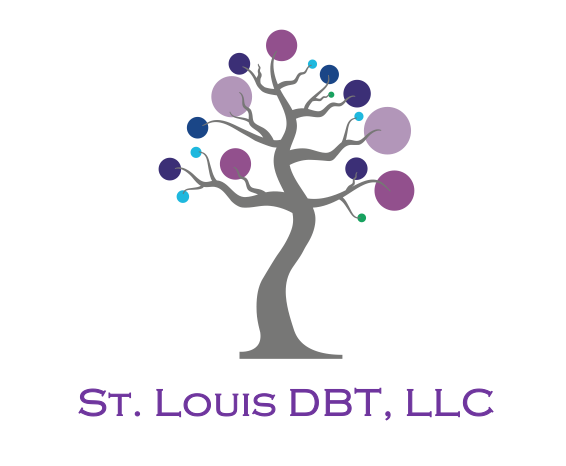The Hidden Cost of Always Being "Fine"
How many times have you said, “I’m fine” today?
If you're like most people, probably more than once. A UK study commissioned by the Mental Health Foundation found that adults say “I’m fine” an average of 14 times a week—yet only 19% actually mean it. That’s a lot of quiet pretending or dare I say… lying?!
So what’s the cost of this small, everyday lie? Honestly the taxes are quite high.
"I’m Fine" as Emotional Armor
Saying "I’m fine" has become a cultural reflex—a kind of social shorthand that helps us avoid messy, vulnerable conversations. Sometimes we don’t have the time or energy to explain. Other times, we might fear that if we name the stress or sadness, it will make it more real—or worse, make us feel it more deeply.
We often assume that expressing struggle makes us seem less competent or stable. “What if they think I can’t handle my job? What if I get labeled dramatic or needy?” These fears are powerful, especially in workplaces or family systems that reward stoicism and punish openness.
So instead of being honest, we swallow our stress, slap on a smile, and say, “I’m fine.”
The Relationship Consequence
Here's the twist: saying “I’m fine” may protect us in the short term, but it often creates emotional distance over time. When we minimize or hide our emotional truth, we miss opportunities for deeper connection.
Let’s be real—authentic relationships aren’t built on perfection. They’re built on shared vulnerability. When someone we care about is honest about their pain or uncertainty, we don’t think less of them—we often feel closer. Why? Because they’ve trusted us with something real.
Research backs this up. A study out of Yale’s Clark Relationship Lab (Clark, Graham, Huang, & Helgeson, 2008) found that people who are more willing to express negative emotions tend to have larger social networks and more intimate relationships. In other words: vulnerability doesn’t push people away. It invites them in!
Why Hiding Feels Safer
Still, it’s understandable why so many of us avoid going there. Vulnerability—literally derived from the Latin vulnus, meaning “wound”—feels risky. What if we’re met with judgment or indifference? What if we don’t get the comfort or validation we need?
These are real concerns, and not every space or person is safe for full emotional honesty. But when we hardly practice showing our true selves, we rob ourselves of the chance to experience support, relief, and belonging. Practicing vulnerability takes courage!
What’s on the Other Side of Honesty?
The act of naming our struggles out loud—of saying, “Actually, I’m not fine right now”—can be freeing. It creates space for relief, help, and human connection. Even a small moment of honesty can shift a relationship.
So maybe next time someone asks how you’re doing, take a breath. Check in. You don’t have to spill your whole life story. But maybe try something a little more honest than “I’m fine.” Something like: “It’s been a tough week, honestly,” or “I’m hanging in there, but kind of worn out.”
These small truths matter. They open doors. They invite support. And they remind us we’re not alone.
References
NCPS | "I'm Fine Campaign"
Graham, S. M., Huang, J. Y., Clark, M. S., & Helgeson, V. S. (2008). The positives of negative emotions: Willingness to express negative emotions promotes relationships. Personality and Social Psychology Bulletin, 34(3), 394–406. https://doi.org/10.1177/0146167207311281
